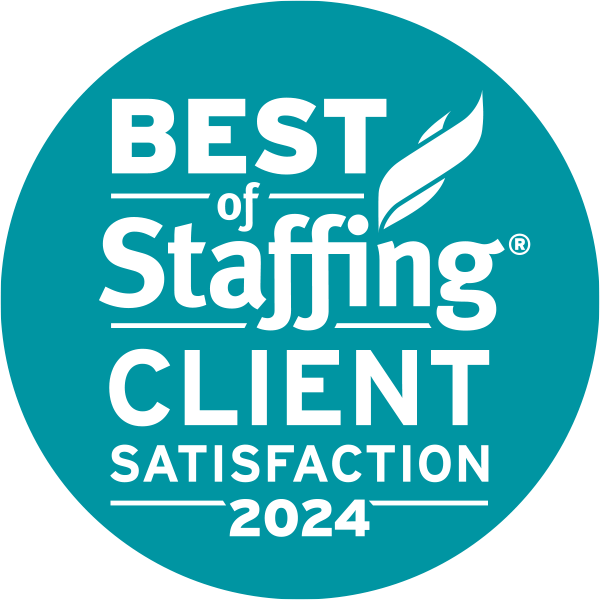As a leading staffing agency, Peoplelink knows you’re probably sick of hearing about healthcare reform, if you’re like most Americans. But the fact of the matter is that – good or bad – it will have a significant impact on businesses large and small.
So what are the biggest implications of the new healthcare reform law in 2013 – and beyond? Here’s a look at five of them:
#1. Healthcare Exchanges.
According to the White House, through the Patient Protection and Affordable Care Act, small businesses and independent entrepreneurs will be able to pool their resources, enhance their buying power, and reduce administrative costs by purchasing insurance through state exchanges.
However, there’s a glitch.
Through the law, states were ideally to create their own exchanges; if they opted-out, then the federal government would come in and set up exchanges for them.
As of December 2012, though, only 17 states and the District of Columbia have actually said they would be taking responsibility for creating their own exchanges. So far, 16 states have opted out entirely, leaving it to the federal government to build their exchanges. Others have selected a partnership option that puts most of the onus on the federal government.
Open enrollment for healthcare exchanges was to begin in October 2013. But, as of now, it’s unclear when these exchanges will be fully operational.
#2. Tax Credit.
To help small businesses offset the cost of health insurance, there is a new tax credit of up to 35% on insurance premiums available for those employing fewer than 25 full-time employees and whose average salary is below $50,000 if the employer is paying for a portion of the insurance. Businesses that fall between 25 and 50 employees aren’t eligible for the tax break.
#3. Coverage Mandate.
Beginning in 2014, employers with 50 or more full-time employees must provide health insurance to employees or pay a $2,000 fine per employee not covered. However, many large corporations are already warning that they will cut some full-time employees to part-time in an effort to reduce those fines.
#4. Wellness Program Grants.
The reform legislation offers grants aimed at employers interested in implementing wellness programs. This program is still under development and not expected to be released until 2014.
To qualify for it, an employer must have no more than 100 employees who work 25 hours a week and not already have a wellness program in place.
#5. W-2 Reporting.
Employers are now required to report the cost of health insurance coverage under an employer-sponsored group health plan on Form W-2. As a result, the cost for W-2 preparations will likely go up since it will take more time to gather and report the necessary information.
A final note:
On Friday, December 28th, 2012, the U.S. Department of the Treasury and the IRS issued their proposed regulations detailing employer responsibility under the Affordable Care Act. The 144-page ruling, titled “Shared Responsibility for Employers Regarding Health Coverage” is available here: www.federalregister.gov/articles/2013/01/02/2012-31269/shared-responsibility-for-employers-regarding-health-coverage. Any comments are due by March 18th and a public hearing will be held in Washington DC on April 23rd.
Have More Questions About Healthcare Reform?
As a leading staffing agency, Peoplelink can help you understand how healthcare reform will impact your staffing and hiring function, whether you use temporary staffing regularly, or are gearing up to hire full-time. Contact our staffing agency today to learn more.

